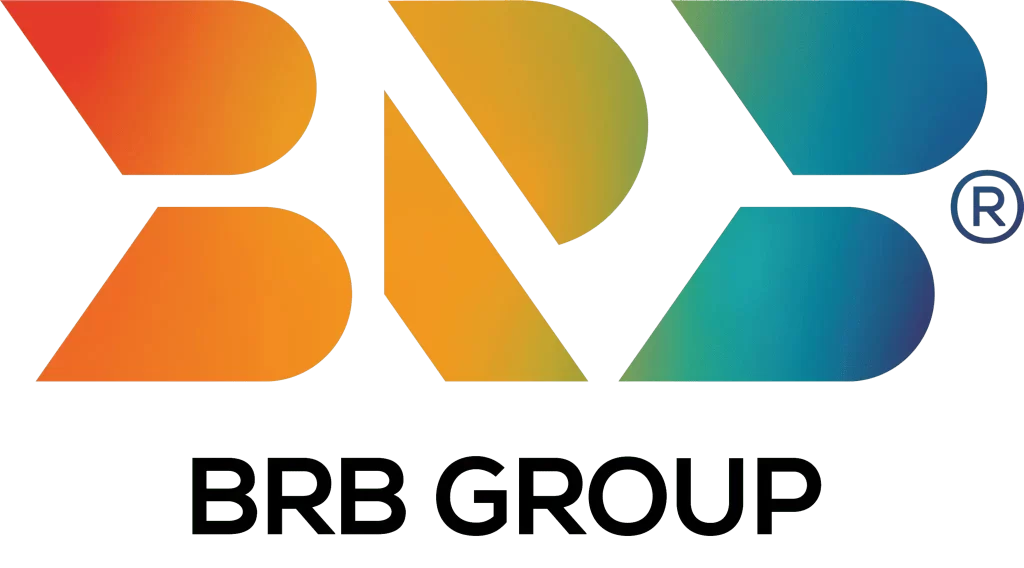The Importance of Critical Thinking in the Digital Age for the Construction Industry
Critical thinking is essential in the digital age to navigate misinformation, make informed decisions, and solve complex problems efficiently.
Introduction
In today’s digital age, information is more accessible than ever before. For professionals in the construction and technology sectors, this accessibility offers both benefits and challenges. From the latest construction methodologies to advanced building technology trends, data is abundant—but so is misinformation. In such a complex landscape, critical thinking becomes an indispensable skill, essential for navigating information accurately, making informed decisions, and solving problems efficiently.
Whether you’re a project manager, architect, engineer, or skilled laborer, critical thinking enhances your ability to assess new information and make sound, evidence-based decisions. Let’s delve into the importance of critical thinking in construction and technology.
1. What is Critical Thinking?
Critical thinking is the active process of analyzing, interpreting, and evaluating information to make reasoned decisions. In the construction industry, critical thinking skills enable professionals to assess everything from project plans and technical specifications to safety protocols and compliance regulations. Rather than accepting information at face value, critical thinking encourages a thorough investigation of each piece of data, promoting effective decision-making and reducing risk on job sites.
2. Challenges in the Digital Age for Construction Professionals
The digital age brings both opportunities and obstacles to the construction and tech sectors. With vast information sources—from online articles to industry reports—staying informed is easier but more complex than ever. However, along with valuable insights, the internet also contains misinformation, biased content, and irrelevant data, making it essential to approach information with a critical mindset.
Common Challenges in Construction and Technology Include:
- Misinformation and Disinformation: Inaccurate industry-related news or data can lead to costly mistakes. Professionals need to be able to verify information to ensure their decisions are based on accurate facts.
- Information Overload: With millions of data points accessible online, from building codes to sustainability tips, sorting the useful from the irrelevant is challenging.
- Echo Chambers: Relying on familiar sources can reinforce existing viewpoints, limiting exposure to new ideas and innovative methods essential for industry growth.
Learn more about handling these challenges on BRB Group’s website, where you can explore solutions designed to meet modern construction needs.
3. Why Critical Thinking is Essential in Construction and Technology
In the face of these challenges, critical thinking is invaluable for making well-informed decisions. Here’s why critical thinking is especially crucial in the digital age for construction professionals:
a. Distinguishing Fact from Fiction
In an era where misinformation spreads rapidly, critical thinkers can identify credible sources and filter out unreliable content. For example, a construction manager deciding on new equipment or software can rely on critical thinking to validate claims and avoid being swayed by marketing jargon.
b. Making Informed Decisions
From selecting materials to implementing new technology, informed decision-making is crucial. Critical thinking helps ensure decisions are grounded in logic and evidence, reducing risks in financial investments, safety, and project timelines.
c. Combating Cognitive Biases
Everyone has cognitive biases that affect decision-making. Recognizing and addressing these biases allows professionals to view problems more objectively, leading to better project outcomes.
d. Improving Problem-Solving Skills
Critical thinking is vital in solving complex construction challenges. Whether it’s troubleshooting technical issues or devising ways to meet sustainability goals, critical thinking promotes a structured, analytical approach to problem-solving, essential for industry success.
4. How to Develop Critical Thinking in the Digital World of Construction
Building critical thinking skills takes time and practice. Here are some practical methods to develop these skills, tailored for construction and technology professionals:
a. Question Everything
Always ask critical questions. Who is the source? Is this information supported by evidence? Could there be an alternative perspective? Asking the right questions forms the foundation of critical thinking.
b. Diversify Your Information Sources
Avoid relying on a single source. Exploring different viewpoints, such as expert opinions, reports, and industry news, allows professionals to broaden their perspective. At BRB Group, we provide resources and insights on construction, technology, and innovative solutions to enhance your knowledge.
c. Engage in Analytical Reading
Reading critically involves more than just skimming through articles. Examine the author’s intent, the evidence provided, and potential biases. This method of analytical reading helps construction professionals evaluate the credibility of content, especially crucial for technical specs and regulatory information.
d. Practice Reflection
After consuming information, take time to reflect on it. Compare it with other resources, consider its real-world implications, and evaluate whether it aligns with industry standards. Reflecting on new knowledge refines decision-making and helps build more nuanced industry insight.
5. Critical Thinking for Future Success in Construction and Technology
As the construction industry embraces more digital solutions, from BIM (Building Information Modeling) to AI-driven project management, critical thinking will be a defining skill for future success. In personal decision-making, professional growth, or social engagement, critical thinking enables individuals to remain adaptive and resilient. By honing this skill, professionals can better discern between reliable and unreliable content, avoid cognitive pitfalls, and make informed choices.
For more information on implementing critical thinking and exploring cutting-edge construction technology, visit BRB Group.
Conclusion
In a world where information is both abundant and not always reliable, critical thinking has become a fundamental skill in the construction and technology fields. It empowers professionals to navigate complex data, make sound decisions, and address modern challenges with confidence. As we continue advancing in the digital age, developing critical thinking will remain essential for success. Embrace critical thinking today to stay ahead in the fast-evolving construction industry.
Visit BRB Group for insights and resources to help build your knowledge and develop the skills necessary for thriving in today’s digital landscape.







